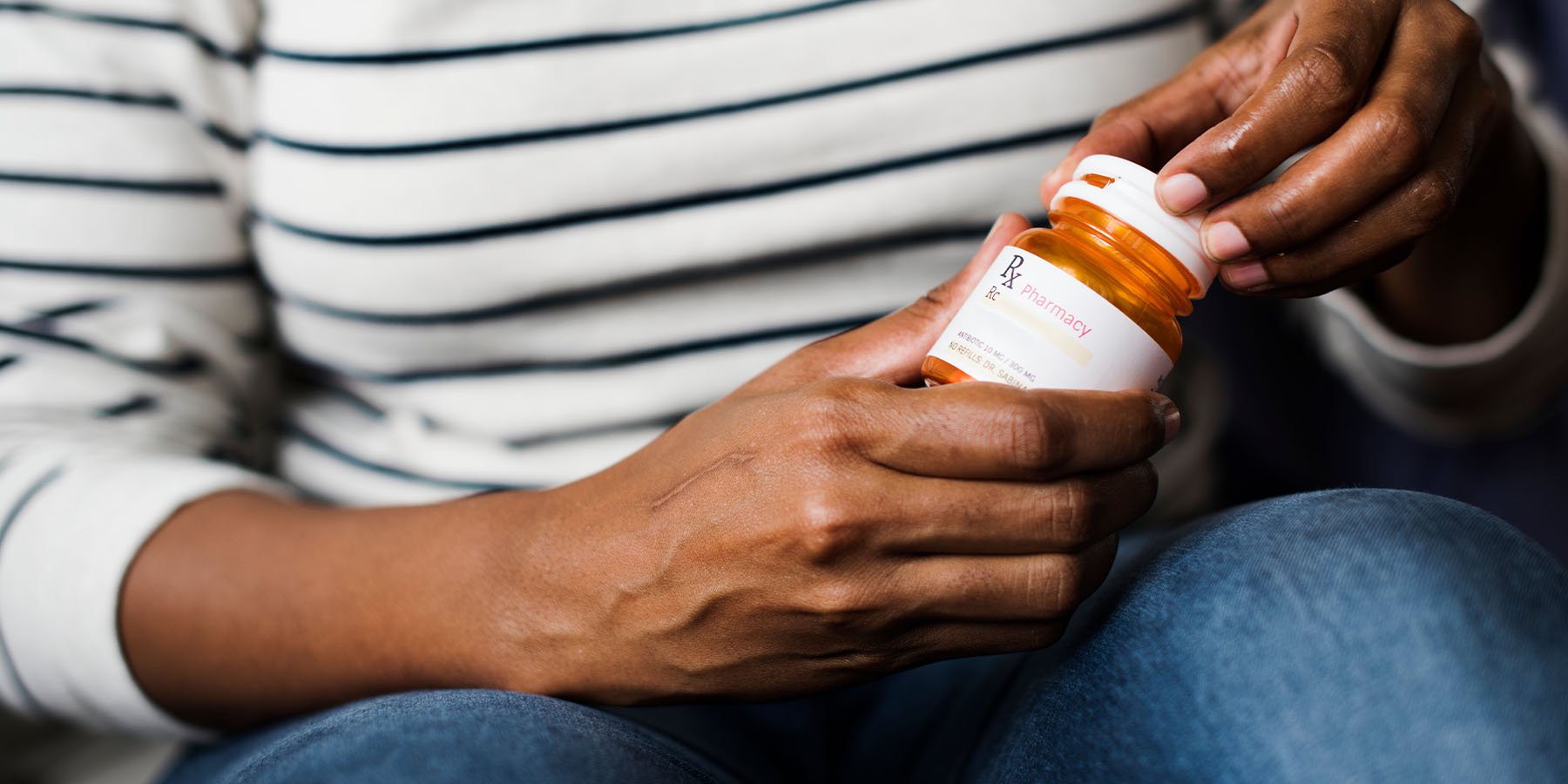The number of unused medications in American households has significantly increased in recent years, resulting in excess waste. According to a recent study, approximately two out of three prescription medications were reported unused; common reasons include being weary of side effects, forgetfulness, and the patient’s disease or condition improving.1 If you fall into any of these categories, keep reading to find out safe ways to dispose of unwanted or unused prescription drugs.
Drug Donation
Donating unused medications is a great way to alleviate the financial burden for families who may be struggling to pay for essential prescriptions. Whether it is a health care facility with an oversupply of medications or an individual looking to donate, there are some factors to consider:
- Expired or opened medications are not accepted.
- Opioids such as Percocet or OxyContin are not eligible for donation.
- Medications to manage common conditions like diabetes, heart disease or high blood pressure are sought after.
As of 2018, 38 states and Guam have passed laws establishing drug redistribution programs.2 Exact rules and regulations vary by state, so click here to find out how you can help your community.
Drug Take Back Programs
Many law enforcement agencies, as well as retail, hospital, and clinic pharmacies offer collection sites year-round to gather and safely dispose of unwanted medications. These sites are the best way to keep medications out of landfills and water supplies. The U.S. Drug Enforcement Administration sponsors National Drug Take Back Day twice a year to encourage consumers to take their unwanted or unused medications to a safe collection site. Find a safe drug disposal site near you.
Safe At-Home Disposal
If you are unable to donate your unwanted medications or do not have access to a collection site, sometimes it is acceptable to dispose of some medicines in your own home. After making sure there aren’t any specific disposal instructions for the medicine, mix the medicines with an inedible substance such as dirt or cat litter, place in a sealed plastic bag and throw in your trash.3 The U.S. Food and Drug Administration also has a select list of medications that have specific instructions to flush them down the toilet when no longer needed, due to being potentially hazardous or fatal if they got in the wrong hands.
National CooperativeRx works closely with CVS Caremark to provide our members high-quality and cost-effective pharmacy benefit management. In its mission to increase awareness of safe medication disposal options, CVS Health allows consumers to drop off unwanted or unused medications at 1,670 CVS Pharmacy locations nationwide.
- https://www.ncbi.nlm.nih.gov/pmc/articles/PMC6631141/#:~:text=Approximately%202%20out%20of%203,method%20of%20disposal%20(63%25).
- https://www.ncsl.org/research/health/state-prescription-drug-return-reuse-and-recycling.aspx
- https://www.fda.gov/drugs/disposal-unused-medicines-what-you-should-know/drug-disposal-dispose-non-flush-list-medicine-trash




